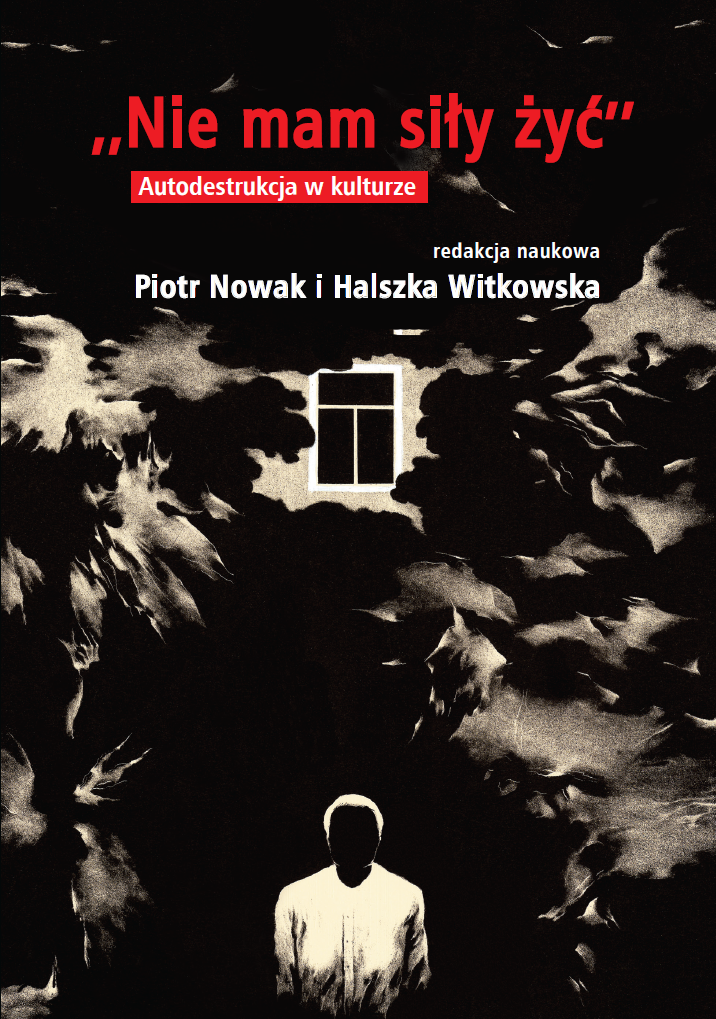Stawrogin i Kiriłłow
Stavrogin and Kirillov
Indifference and suicide in the "Demons"
Author(s): Tomasz Herbich
Subject(s): Cultural history
Published by: Wydawnictwa Uniwersytetu Warszawskiego
Keywords: suicide; revolution; indifference; freedom; pessimism; modernity
Summary/Abstract: The attempt presented in this article to interpret the two suicides described in Dostoevsky’s "Demons", committed by Stavrogin and Kirillov, starts from the recognition that the novel in question can be read not only as a text that fits into the local context of the Nechayev and his followers’ case or points to the metaphysical foundations of revolution, but also as a commentary on the intellectual culture of nineteenth-century Europe. In this culture, in turn, two tendencies are discernible: the first is revolutionary and activist in nature, while the second is pessimistic, expressing itself in the pursuit as the highest form of freedom. I believe that the author of the Demons, by placing at the centre of the revolutionary world two protagonists that persist in immobility and end their lives in suicide, sought to integrate these two tendencies into a single image. Analysing the two suicides in question: the first, by Kirillov, who sees it as a path leading to the salvation of mankind, and the second, by Stavrogin, which is the end of the process of extinction of the will, I come to formulate a view according to which the extinction of the will could be considered as more permanently linked to the essence of modernity than striving and movement.
Book: Nie mam siły żyć
- Page Range: 125-137
- Page Count: 13
- Publication Year: 2024
- Language: Polish
- Content File-PDF

